
On April 1, 2012, Zhao Yinlong, a Beijing-based freelance journalist, wrote a tongue-in-cheek article outlining his idea to build a nasal mucus suction machine for daily use.
It was an idea he came up with in the depths of a bad cold, and he imagined it as a cross between a manual breast pump and earphones.
He did not expect that exactly one year later he would win a science prize for his fantasy invention.
Zhao is the winner of this year's Pineapple Invention Award.
With the theme, "admiring curiosity", the second Pineapple Science Prize was held in Hangzhou, capital of Zhejiang province, earlier this month. The annual event, now in its second year, is a joint initiative of Guokr.com, a social network for science fans, and Zhejiang Science and Technology Museum. It aims to present science to people in an interesting and humorous way and encourage curiosity.
The awards, China's version of the The Ig Nobel Prizes, an American parody of the Nobel Prizes, honor people who display curiosity and persistence in the field of science.
Ji Xiaohua, the man behind the event and founder of Guokr.com, says he hopes the awards can create opportunities to bring scientists and the public together to laugh and think. "Scientific research can be serious, but it can also be fun for the public if they can feel involved," he says.
This year, nine individuals and research groups received awards for their scientific findings.
Research projects that found Chinese people identify with their bosses faster than Westerners, and male budgerigars release a certain kind of scent to attract female birds, were among the winners.
Wei Xiaoyong, dean of the department of computer science at Sichuan University, won this year's Pineapple ME award, an honor bestowed on a scientifically influential individual.
Wei became famous in China after a video clip in which he demonstrates physical theories to students by chopping bricks with bare hands, went viral on the Internet. He was criticized by some of his peers for grandstanding, but Wei stood by his teaching method of applying scientific theories to daily life.
"I don't think science should be high in the sky so that people have to look up to it. Science can be discovered and understood through everything around us. The door to science is the ability to link theories with phenomenon," he says.



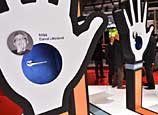
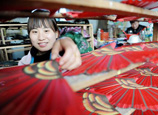
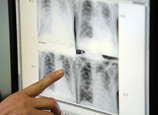

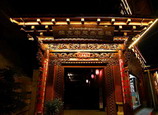
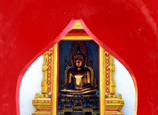
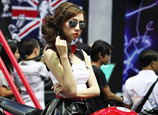









![]()
